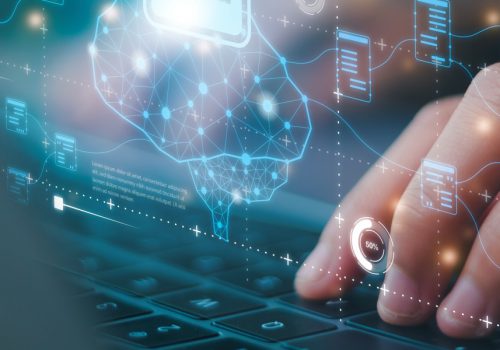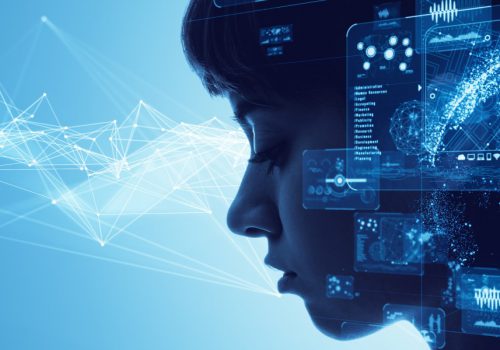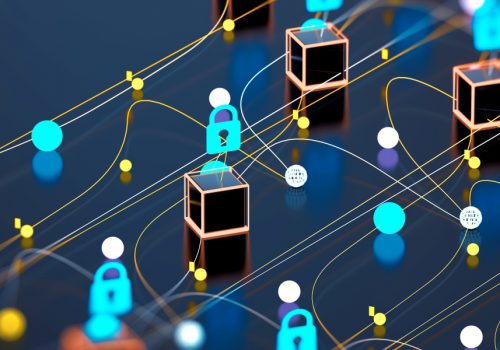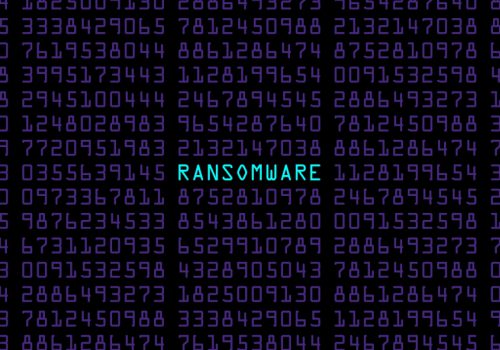Digital transformation (DT) is often defined as the utilization of modern technology to change and transform the way services are provided or businesses are run, by substituting digital processes for non-digital or manual tasks. I believe that digital transformation is a simpler, more efficient way to communicate, share information, and provide and receive products and services.
The world is evolving, and as a result, the need to narrow the physical distance and bring people and services closer is being fulfilled by conducting business, education, etc., digitally. Digital transformation has its own advantages and disadvantages. Many businesses have seen a significant increase in revenue and a demand for services and/or products due to digital transformation. Personal relations have improved, as one can now communicate via voice or video call on various platforms with loved ones abroad.
The downside of digital transformation is that these platforms are not immune to cyber-attacks and as a result personal information may be easily accessed by hacking into individuals’ or businesses’ accounts. Many businesses and individuals have had to recover from severe reputational damages after having fallen victim to ransomware attacks, hacking, phishing, etc., which at times also had legal implications.
My opinion and take on digital transformation are that DT is a new phenomenon that is beneficial; however, more research needs to be conducted to ensure better security for individuals and businesses alike. Conducting banking on our phones enables us to plan better and spend time doing other things instead of waiting in lengthy ques at the bank. Purchasing items online and having them delivered to an address of our choice makes buying very convenient. However, if you need to return the item, it is a cumbersome process as many businesses have not yet perfected the return policy and processes.

An organization that has clear goals, vision and mission with a transparent culture that is driven by progressive and creative strategies may introduce digital processes and procedures to serve both internal and external stakeholders. Digital transformation lessens human error, centralizes processes and procedures, and simplifies tracking and tracing of activities as logins can be managed through an access program. Many organizations do not have a resilient culture to ensure that the introduction of digital activities is managed through clear and concise policies, or to ensure that information security is managed by qualified individuals, and that cybersecurity, business continuity, and disaster recovery awareness and training is part of their ongoing business model.
Some concerns have been brought to light regarding digital transformation. Human beings experience job losses as their manual processes that required intense effort are diminishing daily. Job losses will increase poverty, frustration and stress, which would likely lead to increased crime rates, thus impacting personal and professional relationships significantly. Therefore, with the introduction of digital activities it is important that we consider the positive and negative sides to ensure a balance between the two. Human life and wellbeing should be a top priority in the creation of anything digital. Human beings should be given the upskilling opportunities by companies and governments in order to remain relevant and to co-exist with our robotic counterparts.
The security considerations of digital activities are barely communicated clearly and honestly to those who would like, for instance, to download a food delivery app. The terms and conditions are very lengthy and not many people read them or even understand them as they are not written in layman’s terms or some statements are open to interpretation. The development, terms and conditions, pros and cons need to be explained in short precise videos, recordings, and/or in writing to any customer. The customer needs to understand his or her role and responsibility in agreeing to purchase the digital platform or get services or a product via the digital platform.
Digital transformation is the new universal language spoken for and by both sellers and buyers of products and services. It brings the world closer to you. It now needs to make sure that there is transparency and security measures put in place so that confidential information is not shared with third parties without the consent of individuals or companies.
Let’s transform our minds and ways digitally. Say yes to a paperless society!









